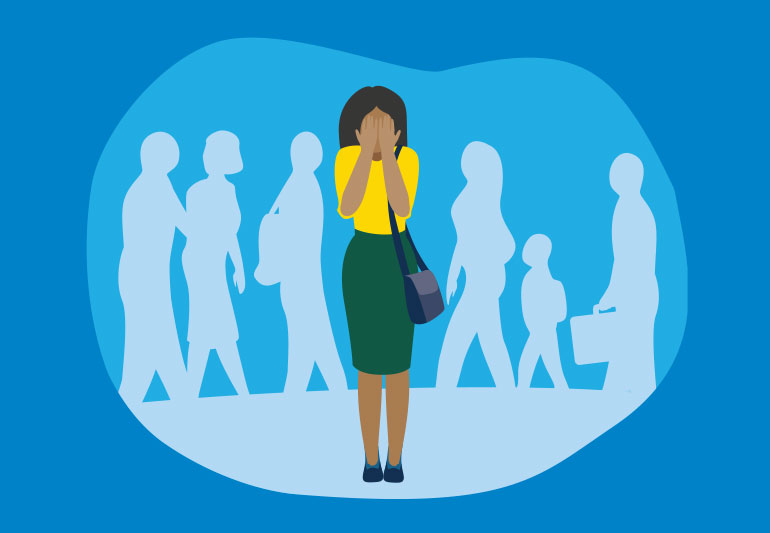Panic attacks can be an overwhelming and frightening experience. They often occur out of the blue, leaving people feeling anxious and unsure of what to do next. Despite their unsettling nature, panic attacks are actually a common occurrence, affecting up to 3 percent of the adult population each year. If you are someone who experiences panic attacks, it is important to understand their triggers and learn how to reduce their frequency. In this blog post, we will explore the various triggers of panic attack (napadaj panike) and offer some tips on how to manage them.
1. Stress:
One of the most common triggers of panic attacks is stress. Stress can manifest in many forms, including work-related pressures, family conflict, or financial worries. When stress becomes too much to handle, it can cause your body to go into fight or flight mode, leading to panic attacks. To manage stress, try practicing relaxation techniques like meditation, deep breathing, or yoga. You can also talk to a therapist or counselor to learn coping mechanisms.
2. Substance Abuse:
Substance abuse is another common trigger of panic attacks. Drugs and alcohol can disrupt your brain’s natural chemistry and cause feelings of anxiety and panic. To reduce your risk of panic attacks, it is important to limit or even eliminate substance use. If you are struggling with addiction, consider seeking professional help to manage your recovery.
3. Caffeine:
Caffeine is a stimulant that can also trigger panic attacks. Caffeine can be found in coffee, tea, energy drinks, and chocolate. To reduce your risk of panic attacks, it is important to limit your caffeine intake. Try switching to decaf coffee or herbal tea instead.
4. Sleep Deprivation:
Lack of sleep can also be a trigger for panic attacks. When you are sleep deprived, your body’s stress levels can increase, leading to anxiety and panic. To ensure you are getting enough rest, try setting a regular sleep schedule, avoiding caffeine before bedtime, and creating a calming bedtime routine.
5. Phobias:
It is not uncommon for phobias to trigger panic attacks. If you have a phobia of crowded spaces, for example, you may experience a panic attack in a large crowd. To manage phobias, it is important to work with a therapist or counselor to develop coping mechanisms and exposure therapy techniques.
Conclusion:
Panic attacks can be a debilitating experience, but they do not have to control your life. By understanding what triggers your anxiety, you can take steps to manage it and reduce the frequency of panic attacks. Whether it is stress, substance abuse, caffeine, sleep deprivation, or phobias, there are ways to manage these triggers and live a more relaxed and peaceful life. Remember to seek professional help if you are struggling with anxiety or panic attacks. With the right support and tools, you can overcome these challenges and live the life you deserve.
Seeking Support From Family, Friends, and Community Groups to Help Manage Stress Levels and Anxiety or Panic Attacks
